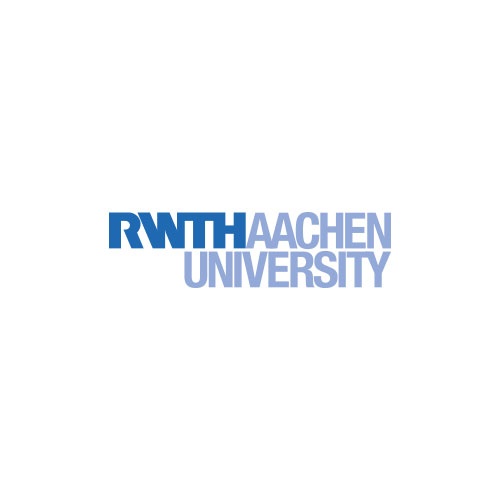RWTH Provides Teaching Projects In Ukraine In Collab
In collaboration with the DWI Leibniz Institute for Interactive Materials, RWTH is participating in a program initiated by the German Academic Exchange Service (DAAD), which supports students in Ukraine in completing their university education. Although many instructors, researchers, and students have fled and numerous university buildings have been damaged or destroyed, Ukrainian universities are making efforts to provide online courses. Two projects are now being funded by the DAAD under the motto “RWTH_Ukraine digital”.
These projects were initiated by Professor Andrij Pich, Chair of Functional and Interactive Materials and DWI Leibniz Institute, and Professor Mikhail Itskov, Department of Continuum Mechanics, in collaboration with the RWTH International Office. With their initiatives, the professors would like to contribute to enabling students in Ukraine to complete their studies despite the restrictions imposed by the war.
The Digital Chemistry Lab project supports the Department of Chemistry at Lviv Polytechnic National University (LPNU) in developing and implementing digital lab experiments in organic and macromolecular chemistry. So far, seven digital lab experiments were collaboratively developed, which are already being used at LPNU. Professor Pich’s working group has been providing implementation and supervisory services. The Aachen offerings to Ukrainian students have already been integrated into the curriculum in Lviv, making the “Digital Chemistry Lab” part of the existing chemistry degree program.
The project “Theory and Application of Finite Element Method” supports the Department of Dynamics and Strength of Machines (DSM) of the National Technical University – Kharkiv Polytechnic Institute (NTU KhPI) in the implementation of two digital modules on the Finite Element Method (FEM), a numerical method that is widely used in engineering and physics. The module helps students develpo practical skills in the use of the Ansys simulation software. The second module deals with theoretical basics and also includes programming exercises. By completing the modules, students in Kharkiv can earn regular credit points to count towards their course of study. As part of the project, Ukrainian doctoral students also have the opportunity to come to Aachen for three months to continue their research and advance the transfer of knowledge.

